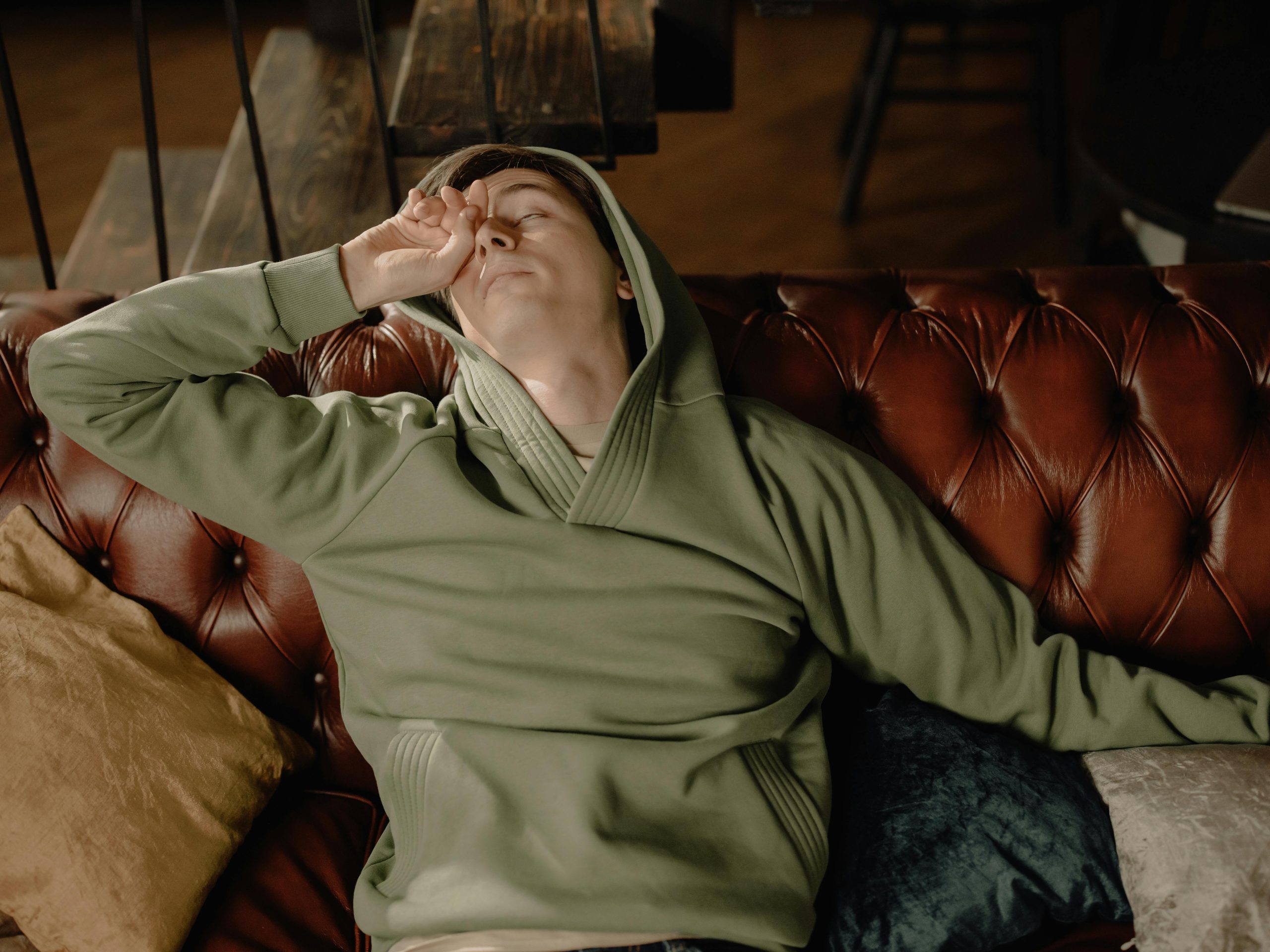Understanding Liability After an Unintentional Vehicle Collision in Your Driveway
Dealing with accidental vehicle damage can be a confusing and stressful experience, especially when it occurs in your own driveway. Recently, I found myself in such a situation, and I want to share some insights to help others navigate similar circumstances.
Scenario Overview:
In my residential driveway, two parked vehicles unexpectedly collided. I own a 2017 Ford Expedition, fully paid off with an insurance policy that includes comprehensive coverage with a $1,000 deductible. My vehicle was stationary when the incident occurred. Meanwhile, my fiancé’s son, a 20-year-old who drives a vintage 1974 Ford F100 project truck insured under his mother’s policy, was exiting his vehicle. The truck, which is licensed and insured, was parked uphill from my Expedition and, after he exited, the truck unexpectedly rolled backward, hitting the front corner of my vehicle.
Details and Damage:
Camera footage clearly shows that he was out of his truck when the collision happened. My Expedition sustained significant damage — a flat tire, bumper damage, possible harm to aftermarket wheels and lift components, and damage to the headlight and A-arm. The estimated repair cost exceeds $12,000, which is well above my deductible. Thankfully, his truck only has minor scratches.
Liability Considerations:
A key question is whether he is at fault, given he was outside the vehicle at the time. Under Michigan law, generally, if the vehicle was in motion or rolling due to operator error, the driver—or in this case, the person responsible for the vehicle—could be held liable. Even if he had just exited the vehicle, if it was still under his control or rolled away due to negligence, liability could potentially fall on him.
Insurance Implications:
This raises the dilemma of which insurance policy applies: my auto insurance or my homeowner’s policy? Typically, coverage for vehicle damage is handled through auto insurance. Homeowners insurance tends to exclude vehicle-related damages unless specifically endorsed or if the vehicle is parked and not in use. Since the incident involved a vehicle collision, auto insurance is likely the primary coverage.
Financial Impact:
Given the magnitude of the damage and my comprehensive coverage, I anticipate that my auto insurance will handle most repairs, though my deductible will apply. If the situation is deemed to be the young man’s fault, his insurance might ultimately be responsible for the damages. However, if disagreements arise or claims get denied, I could be left with significant out-of



